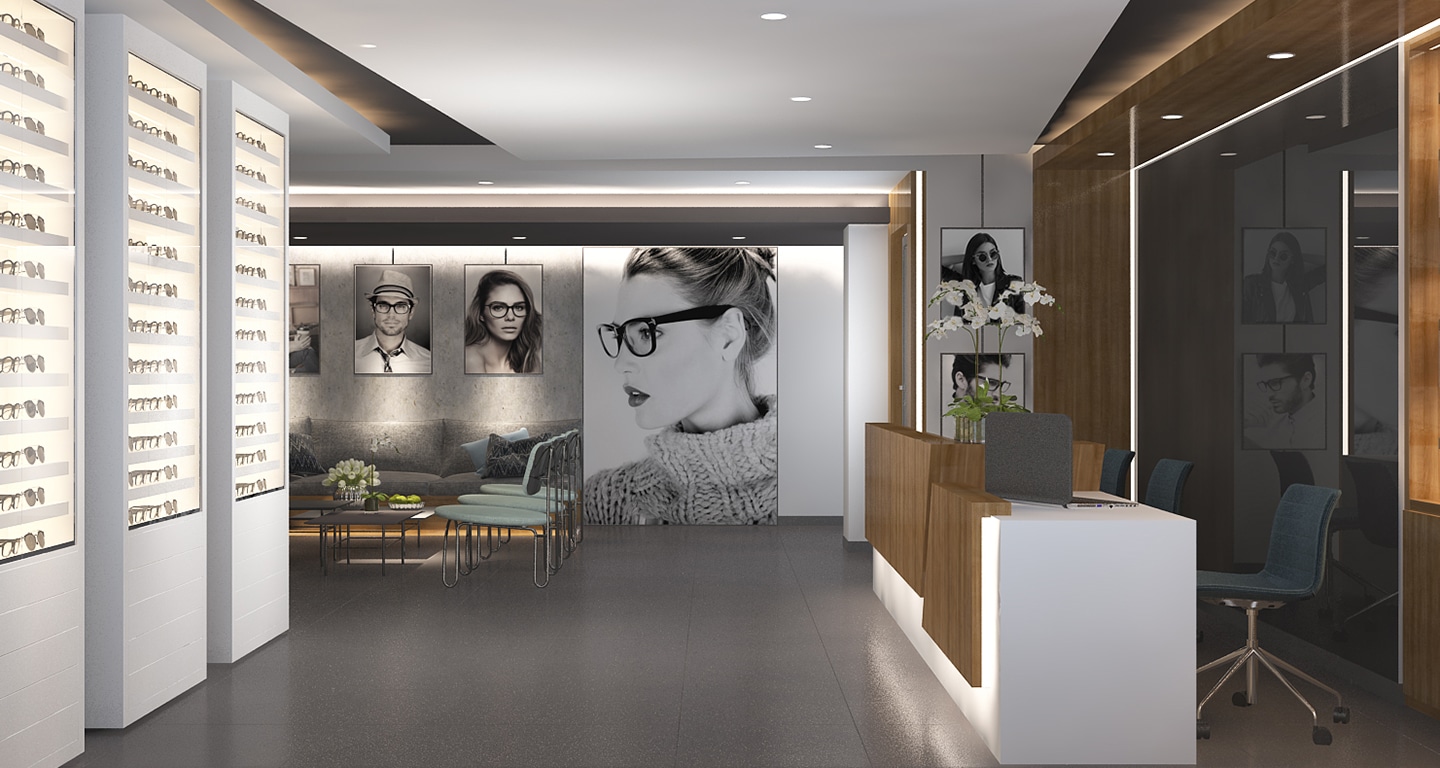What Patients Should Know About Age-Related Macular Degeneration
May 2, 2024

As we age, we may be susceptible to various eye conditions. One of these is age-related macular degeneration (AMD). This condition affects millions of people annually and is the leading cause of blindness in people over the age of 50. Read on to learn more about AMD and the available treatment options.
What is AMD?
Age-related macular degeneration (AMD) occurs when the macula, a part of the retina, is damaged. There are two types of AMD: dry AMD and wet AMD.
- Dry AMD: This form is quite common and occurs when small clumps of a protein known as drusen grow. Those with dry AMD can slowly lose their central vision.
- Wet AMD: This is a less common but more serious form. It occurs when new, abnormal blood vessels grow underneath the retina. These vessels may leak, scarring the macula. The leakage of this fluid is what gives this condition its name- wet AMD- and can create a large blind spot in the center of the central vision.
Many people do not realize they have AMD until their vision becomes very blurry. Therefore, it is essential to schedule regular visits with an ophthalmologist to discover any early signs of AMD. When symptoms are noticed, one of the most common early signs of dry AMD is the presence of drusen. These are visible to your doctor during an eye exam.
Risk Factors of AMD
Individuals are more likely to develop AMD if they:
- Are over the age of 50.
- Are overweight.
- Have hypertension.
- Eat a diet high in saturated fat.
- Have a family history of AMD.
If you are at risk for developing AMD, it is vital that you have your eyes checked regularly by an ophthalmologist. In addition to an eye exam, your eye doctor may also require you to undergo a visual acuity test, pupil dilation, fluorescein angiography, and an Amsler grid test to detect AMD.
Treatment for Dry AMD
Dry AMD must be treated by an ophthalmologist. While there is no treatment for drusen, those with high levels of drusen or those with serious vision loss may benefit from vitamins and minerals. These include Vitamins C and E, lutein, zeaxanthin, zinc, and copper. Your ophthalmologist can help to determine which vitamins and minerals are recommended for your dry AMD. Eating eye-healthy foods, including dark leafy greens and veg, fish, and a nutrient-rich diet, may also be beneficial.
Treatment for Wet AMD
Medications used to treat wet AMD are known as anti-VEGF drugs. These work by reducing the number of abnormal blood vessels in the retina, reducing the risk of further vision loss.
Photodynamic therapy (PDT) may also be used to treat some forms of wet AMD. This treatment works by using a light-sensitive medication that acts when it is exposed to a specific type of laser. Your doctor will shine the laser on a small area at the back of your eye, causing the medication to break down blood vessels that are causing vision loss.
Schedule a Consultation
If you are interested in learning more about age-related macular degeneration, contact Anh Nguyen Ophthalmology in Falls Church, VA, today. Our team of skilled ophthalmologists and optometrists is dedicated to educating you regarding your eye health and providing professional care.




